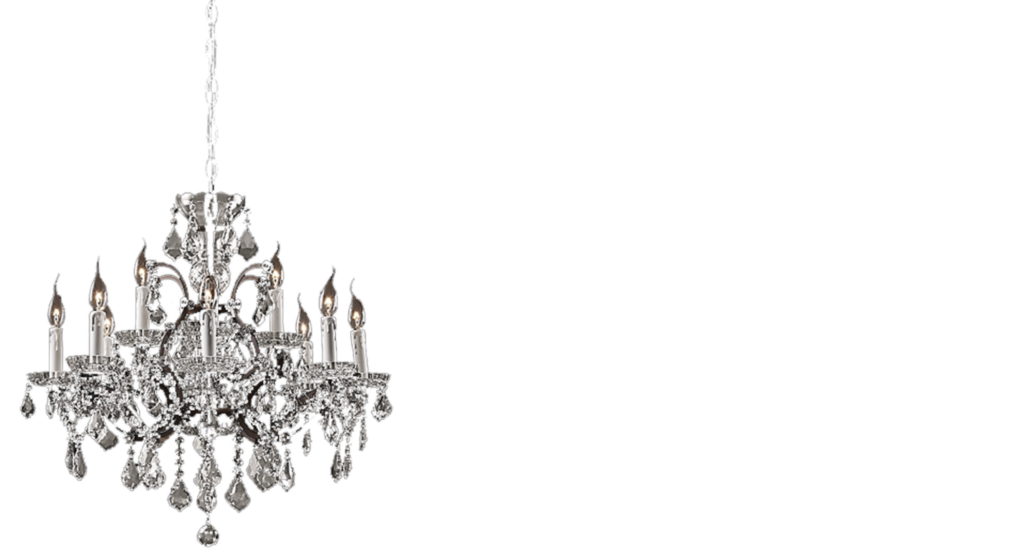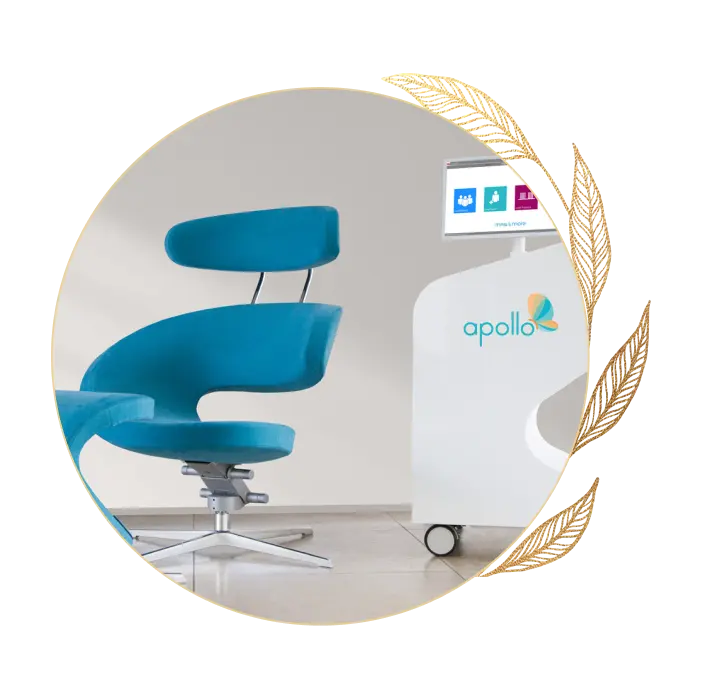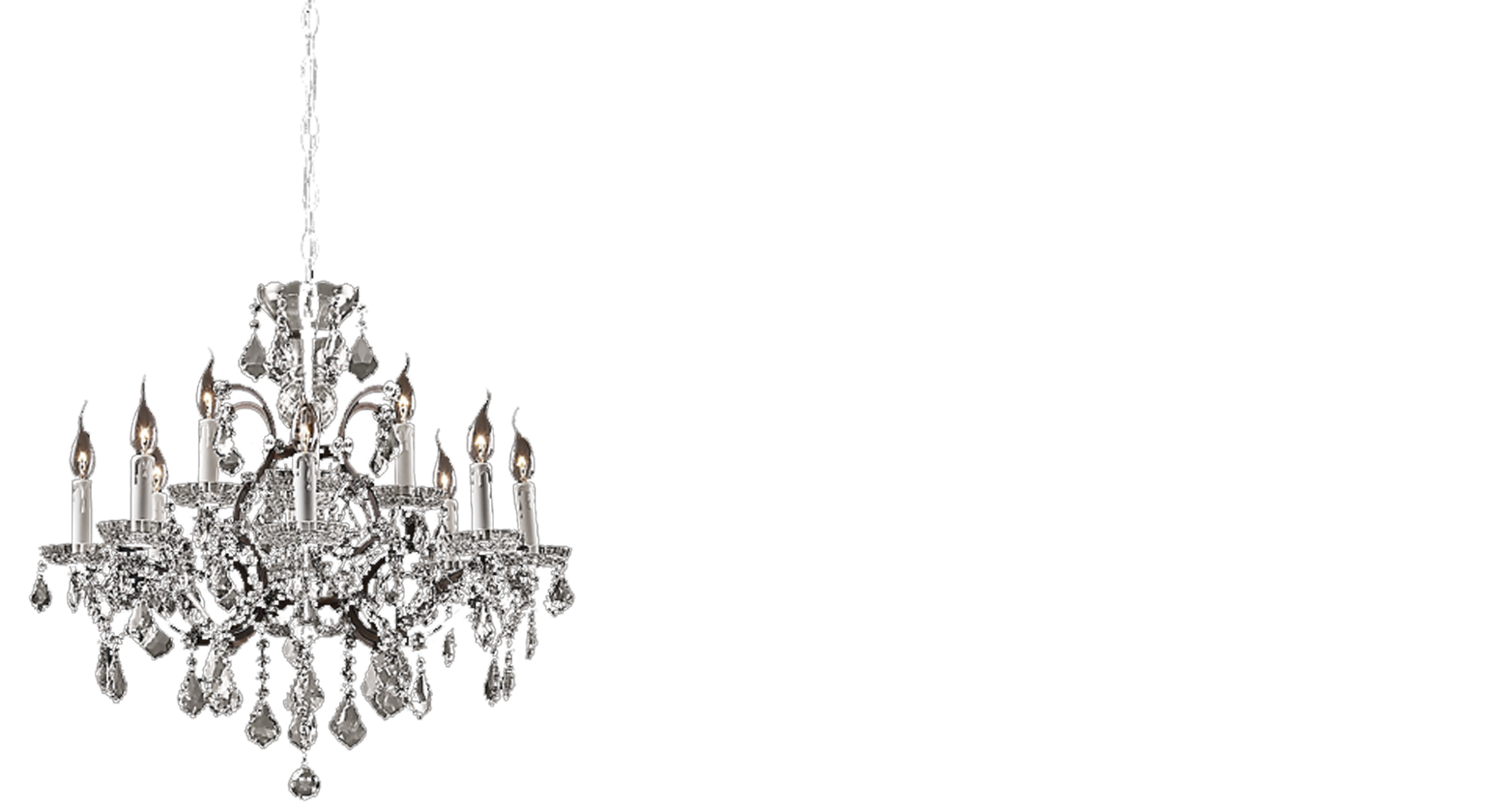Transcranial magnetic stimulation (TMS) was created in 1985 as a neurodiagnostic tool for stimulating the brain. It’s been used in several trials since then, particularly for treating psychiatric conditions like depression. Many individuals who don’t respond to other forms of treatments do experience relief from their depression symptoms through TMS therapy.
What is TMS Therapy?
TMS is a non-invasive treatment used to treat major depression — a common mental condition. It’s estimated that around 5% of adult individuals globally struggle with depression or major depressive disorder. TMS also helps treat PTSD, OCD, and many other disorders.
During treatment, the doctor places a coil over the patient’s head. This coil sends magnetic pulses to their skull and scalp, which activate neurons in specific areas of the brain believed to control mood regulation.
In Transcranial Magnetic Stimulation, before the doctor administers any pulses, they must map out your brain extensively to better pinpoint where they’ll target the electric currents to provide you with the best results.
How Does TMS Work to Treat Depression?
Your brain helps manage your thoughts by generating pathways that use chemical and electrical messengers to communicate. Each feeling or thought coincides with certain pathways.
The more your brain practices specific pathways, the better you become at doing whatever it is you’re practicing. It’s similar to muscle memory, but instead, it’s for neurons. But what does this have to do with depression?
In PET scans for an average non-depressed brain, researchers could see on the brain scan areas light up during daily activities. These lit-up areas on the scan signify where glucose and oxygen are used.
Researchers also performed scans on people struggling with depression. In people who weren’t depressed, specific brain areas (particularly the central areas and frontal lobes where the limbic system is) had higher activity levels. The limbic system is the brain’s emotional center. In individuals with depression, it can be assumed that the limbic system is far out of practice.
With TMS therapy, the doctor places a magnetic coil over your head and creates an electromagnetic field that gives off enough energy for neurons to get to what’s referred to as an action potential. These neurons “turn on.” Then similar to dominoes, the messages and neurons cause other neurons to start firing, which then causes more neurons to start firing, and so on. This neuron roadway reaches your brain’s deeper areas, like the limbic system.
This is where the pathways are found in your brain that are linked with being:
- Less anxious
- Happier
- Less content
- More relaxed
Where TMS therapy truly shines is that while one positive thought activates a particular pathway once, one TMS session activates the same pathway thousands of times. A standard course of TMS is approximately 36 sessions.
In an entire treatment course, the therapeutic pathways become activated hundreds of thousands of times. Just like practicing a song on the piano, a tennis serve, or a golf swing thousands of times will make you reasonably good at it, it’s pretty much the same with TMS therapy. The more therapeutic maneuvers are practiced, the better your brain becomes and starts to develop its emotional resilience as it becomes less of an expert in feeling depressed.
Who Can Benefit from TMS?
TMS therapy is recommended for individuals who:
- Don’t want to deal with the side effects (i.e., weight gain, sexual dysfunction) of medication
- Have tried numerous rounds of psychotherapy and different medications with no symptom relief
- Don’t have a history of seizures or a seizure disorder
- Are planning to become pregnant
- Don’t have a metal implant in their head
TMS is a simple, non-invasive outpatient procedure. Anesthesia isn’t required, and there’s no hospital stay. During TMS treatment, you can watch movies, listen to music, or talk. You can also drive yourself home from your treatment sessions and get on with your routine.
How Effective Is TMS?
TMS offers an effective and safe alternative to standard depression treatment methods, like anti-depressant medication. Around 50% to 60% of individuals with depression who have tried medication and failed to receive any benefit from it experience a good response to TMS. Around a third of these people experience complete remission, which means that their symptoms completely go away.
In another study, 62.5% of individuals who received TMS therapy and experienced relief continued showing improvement after a year.
While it can vary from one person to the next the time it takes to experience results from Transcranial Magnetic Stimulation treatments, some individuals report an improvement in their symptoms of depression in as little as a couple of weeks. Others don’t experience an improvement until their fourth or fifth week. However, those who do take longer to experience relief from their depression symptoms continue to receive long-lasting relief.
The length of time the effects of TMS last also varies from one individual to the next. Generally, those individuals who go into remission from depression have a greater chance of continuing to respond to treatment or staying in remission even a year after completing their first treatment round. Sometimes, individuals will require a maintenance TMS session.
Luxury Psychiatry Offers TMS
Depression is a significant problem that affects individuals from all walks of life across the globe. Research shows that depression is a global burden of disease and the leading cause of disability worldwide. But, if frequently improves with the right treatment.
While the main course of treatment for depression is a combination of psychotherapy and anti-depressants, some individuals don’t respond to these types of treatments and require a different approach. For these individuals, Transcranial Magnetic Stimulation is a successful alternative approach.
At Luxury Psychiatry Clinic, our licensed therapists are standing by to help you with your symptoms of depression. Our team of professionals specializes in many types of evidence-based therapy, including Transcranial Magnetic Stimulation Therapy. We want each and every one of our clients to feel comfortable and in control of any challenges that arise in their life. We do our very best to ensure our clients can succeed through a better mental state.
If you or a loved one are struggling with depression, don’t hesitate to contact Luxury Psychiatry Clinic to schedule your TMS session today.


























